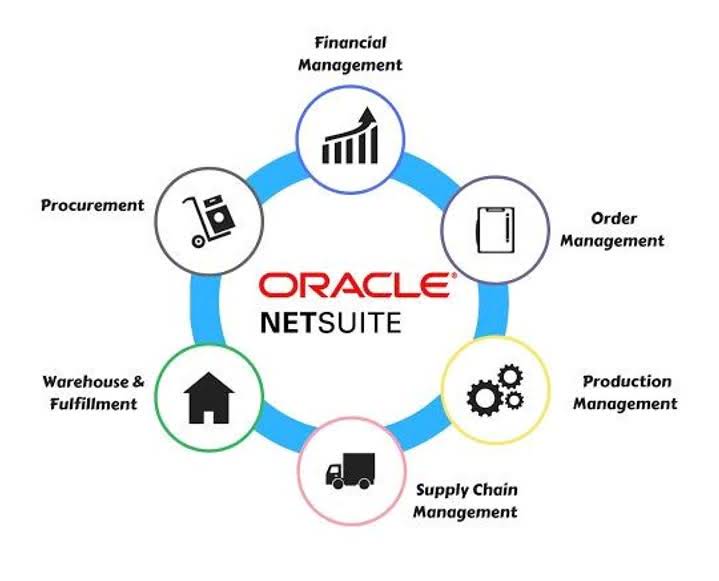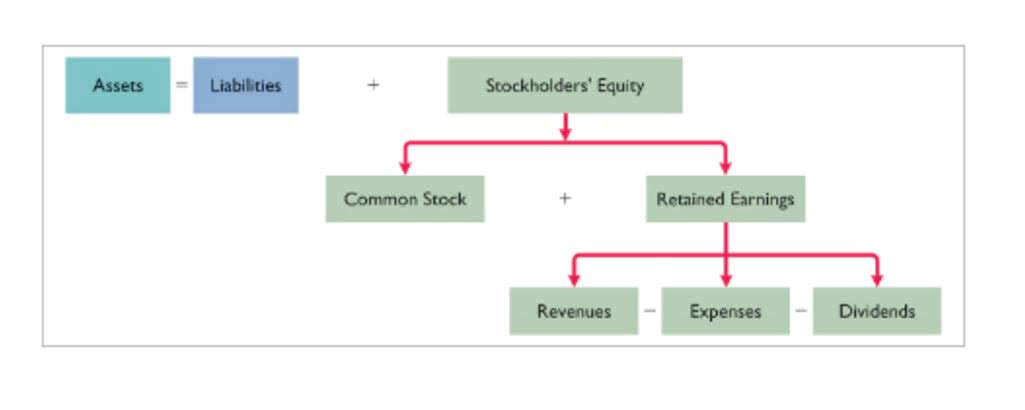
These operational costs, along with other recurring expenses like rent, need to be accrued to match the expense with the period of use (Coursera). The bonus is paid in 2018 based on 2017 results of operations as shown on the audited financial statements. Under GAAP, the bonus would be recorded and shown as an expense in 2017, matching it against 2017 sales revenue. For instance, say you buy inventory for $10,000 and sell half for $6,000 Coffee Shop Accounting in a particular month.
- For example, if a business runs an advertising campaign in December but expects increased sales in January and February, the cost could be allocated over those months.
- Each month, $100 (1/12 of the subscription) is moved from deferred to earned revenue, matching the service provided with the recognized revenue.
- For example, if you owe your employees their salaries for the last week of the month, but payday isn’t until the following month, that unpaid salary is an accrued expense.
- It’s essential to monitor cash flow statements regularly to maintain a clear picture of cash on hand.
- We record revenue as it is earned (recognize) and we also record a receivable, which is basically and IOU from the customer to us.
Example of prepaid expense entry
For example, if a business pays rent for March in February, the expense should be recorded in March when the property is actually used. This ensures that rent costs are allocated to the period in which the business benefits from the space, providing a realistic view of operational expenses. Training should include updates on relevant accounting standards, software training, and case studies to illustrate complex scenarios.
- Accrual basis accounting captures the full financial picture by recording revenue when it’s earned and expenses when they’re incurred, regardless of when cash actually moves.
- One of the primary principles is the accrual basis of accounting, which dictates that transactions are recorded when they occur, not necessarily when cash changes hands.
- As per the accrual basis, the expenses are recognised as and when they take place, not when the cash is paid or received.
- For support in managing your cash flow and other accounting tasks, consider exploring managed accounting services.
Revenue recognition principle
Both are essential for accurate financial reporting, as they work together to represent a company’s performance in a given period. The expense recognition principle, also known as the matching principle, requires that businesses record expenses in the what are retained earnings same period as the related revenue. This principle contrasts with the cash basis of accounting, where expenses are only recorded when cash is paid. However, accrued expenses are recognized on your books before you receive an invoice—often before the amount owed is even finalized. Think of services like utilities—you know you’ve used them, but you haven’t received the bill yet.

Accrued vs. Prepaid Expenses
Capital expenditures, often referred to as CapEx, represent the funds used by a company to acquire, upgrade, and maintain physical assets such as property, buildings, or equipment. These are not expensed immediately; instead, they are capitalized and depreciated or amortized over their useful lives. For example, when a company purchases machinery for production, this investment is not recognized as an expense in the income statement at the time of purchase.


Deciding if an accrual-based method of accounting is right for your business depends on how you operate and your future plans. This approach shows income in cash basis accounting measures income based on the month the service was provided, giving a clear view of September’s earnings. Accrued revenue is income you’ve earned by providing a product or service, even though you haven’t been paid yet. This entry shows an increase in cash and recognizes a liability for the unearned portion of the revenue. Deferred revenue, also called unearned revenue, is money a business receives before delivering a product or service. Thus, the above points clearly highlight the basic differences between the two accounting concepts that are widely used for recording transactions in the books of accounts.
- While recognizing the expenses as per the matching expense recognition principle, the accounting periods are assumed to be annual, quarterly or monthly, as per the process followed by the entity.
- The expense recognition principle, also known as the matching principle, requires that businesses record expenses in the same period as the related revenue.
- While this method enhances relevance, it requires regular revaluations and can be subject to management bias.
- Effective communication and adherence to deadlines are crucial for managing accrued expenses.
- Indirect costs (e.g., administrative overhead, shared resources) challenge accurate allocation to specific projects or products.
Then, at the beginning of the next accounting period, you create a reversing entry to avoid double-counting the expense when you actually make the payment. Most accounting software handles these reversing entries automatically, simplifying the process. Another frequent point of confusion is the difference between accrued expenses and accounts payable. Accrued expenses are recognized before an invoice arrives, while accounts payable are recorded after you have the invoice.
